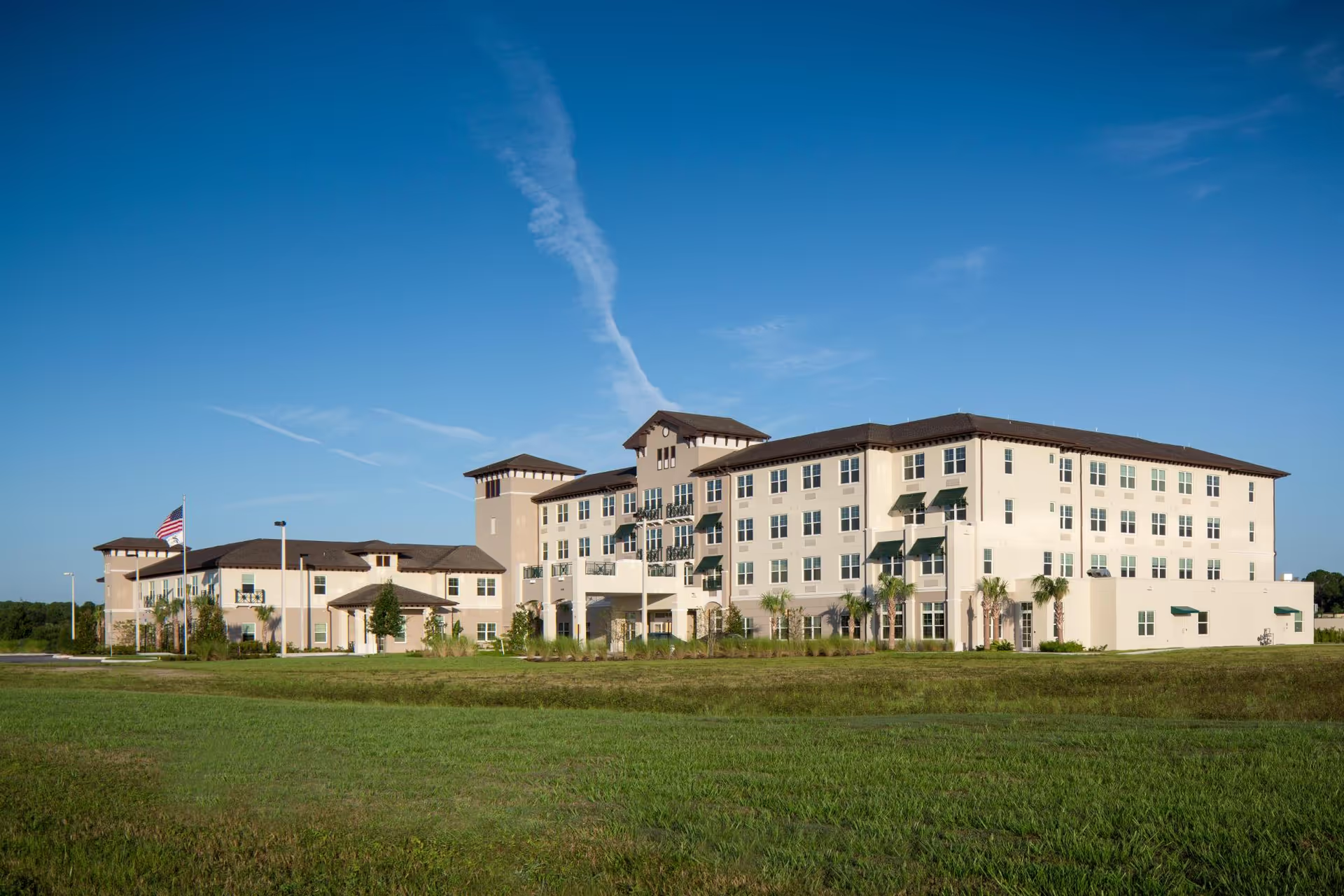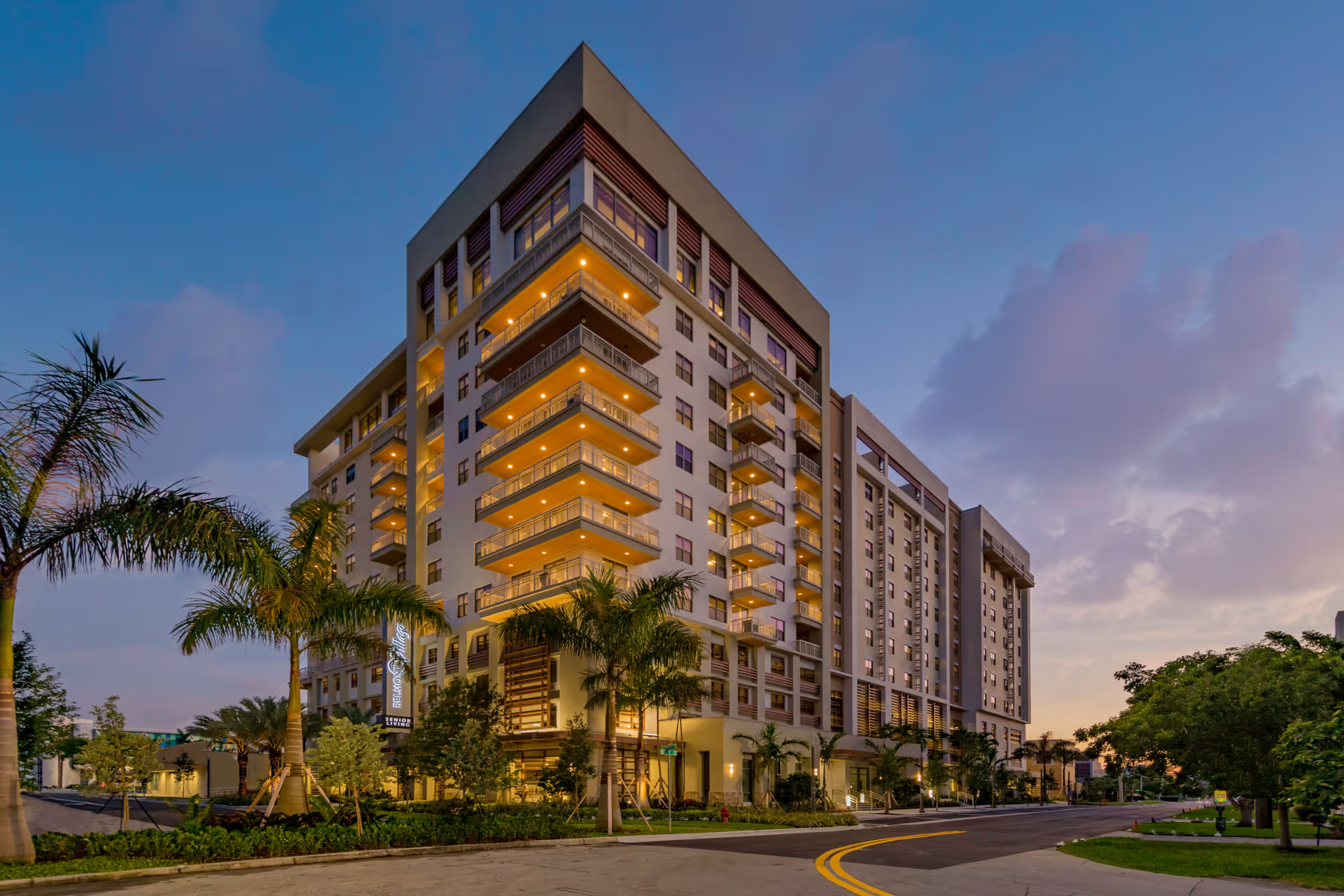Overall sentiment in the collected reviews for PruittHealth - Macon is highly mixed and polarized. A substantial portion of reviewers praise the facility for its rehabilitation services, compassionate individual staff members, social programming, and successful short-stay outcomes. At the same time, a large number of reviews report serious operational problems — particularly around cleanliness, staffing consistency, and nursing care — that have resulted in harm, distress, or the perception of unsafe conditions for long-term residents.
Care quality and clinical services: Many reviewers highlight the strength of the therapy and rehabilitation program. Therapists are described as experienced, individualized in their plans, and effective at returning patients home after major events (for example after heart surgery or hospitalization). Multiple accounts call out the therapy department as a major positive and attribute successful recoveries to their work. Conversely, nursing care is frequently reported as inconsistent. While some families describe nurses as thorough and apologetic when short-staffed, others report dismissive attitudes, delayed administration of PRN meds, ignored complaints about pain, untreated wounds and bedsores, and even life-threatening lapses (G-tube leakage, delayed hospital transfers). There are multiple allegations of serious neglect that culminated in severe consequences for residents, and at least one account links neglect to a resident death. These opposing experiences suggest a sizable variability in clinical care depending on unit, shift, or individual caregivers.
Staff behavior and culture: Reviews repeatedly praise specific staff members (names such as Penny and Kimberly West are given as examples) and many families say that caregivers treated residents like family, provided kindness, and reduced family anxiety through good communication. Activities staff and social services receive positive mentions for fostering resident engagement and a celebratory atmosphere. However, there are numerous reports of unprofessional behavior among other employees — gossiping housekeeping staff, yelling or chaotic interactions, rude CNAs, and staff who are described as lazy or uncaring, particularly on night shifts. Several reviewers note that management changes have improved staff attentiveness recently, implying leadership and culture are evolving but remain inconsistent across the facility.
Facilities, cleanliness, and safety: Comments about the physical facility are mixed. Some reviewers describe clean rooms, a neat outside area, and improvements under new management, while many others describe foul odors, dirty floors and walls, ventilation problems, and outdated areas in need of repair. Sanitation and housekeeping complaints are frequent and range from surface cleanliness to more serious infection-control concerns. Safety-related reports include missed or delayed equipment orders, inadequate supervisory oversight, and instances where residents were left in unsanitary conditions (wet or soiled bedding, unattended bedpans). These issues amplify concerns about infection risk and overall safety for long-term residents.
Dining and daily life: The activities program and social engagement (bingo, movie nights, themed events, sports viewing) are consistently cited as positives that contribute to resident well-being. Food and dietary staff receive both praise and criticism — several reviewers loved the meals and thanked the dietary supervisor, while others complained about cold food, missing items on trays, running out of condiments or creams, and understaffed dining service (e.g., not enough tables). This again highlights variability: dining can be a positive component of the resident experience but also a source of dissatisfaction depending on staffing and meal service execution.
Communication and administration: Accounts of communication are inconsistent. Some families report excellent communication, timely updates, and responsive administration who are available and professional. Other reviews describe poor communication, unanswered phones (especially after hours), problems with video-chat systems, and little to no outreach after adverse events (including after a resident's death). Multiple reviewers credit recent managerial hires and administrative turnover for improvements, suggesting progress is being made but not uniformly felt across all families and units.
Patterns and notable red flags: Several patterns emerge. First, rehab/therapy is commonly praised, making the facility an attractive option for short-term post-acute stays. Second, there is a consistent day-vs-night and unit-by-unit variability — many positive experiences on morning or therapy shifts contrast with negative experiences on night shifts or in certain long-term care units. Third, serious and repeated reports of neglect, untreated wounds/bedsores, delayed medication, and poor sanitation form a significant cluster of concerns that prospective residents and families must consider. Fourth, staff-to-resident ratios, housekeeping supervision, and leadership stability appear to be core underlying drivers of many complaints; reviewers who observed improvements often linked them to recent management changes.
Conclusion and practical guidance: In summary, PruittHealth - Macon presents a mixed profile. For patients requiring intensive, time-limited rehabilitation, the facility’s therapy department, social programming, and some standout caregiving staff often deliver very positive outcomes. For families considering long-term placement, the reviews raise repeated red flags about cleanliness, staffing consistency, nurse responsiveness, and safety that warrant caution. Prospective families should request a current tour, ask for unit staffing levels by shift, inquire specifically about wound care protocols and medication administration procedures, verify housekeeping schedules and infection control practices, and seek recent quality metrics or incident reports. If choosing this facility, maintain close communication with the care team, identify the named staff who have demonstrated competence, and monitor for changes (positive or negative) related to the recent management turnover noted by many reviewers.







